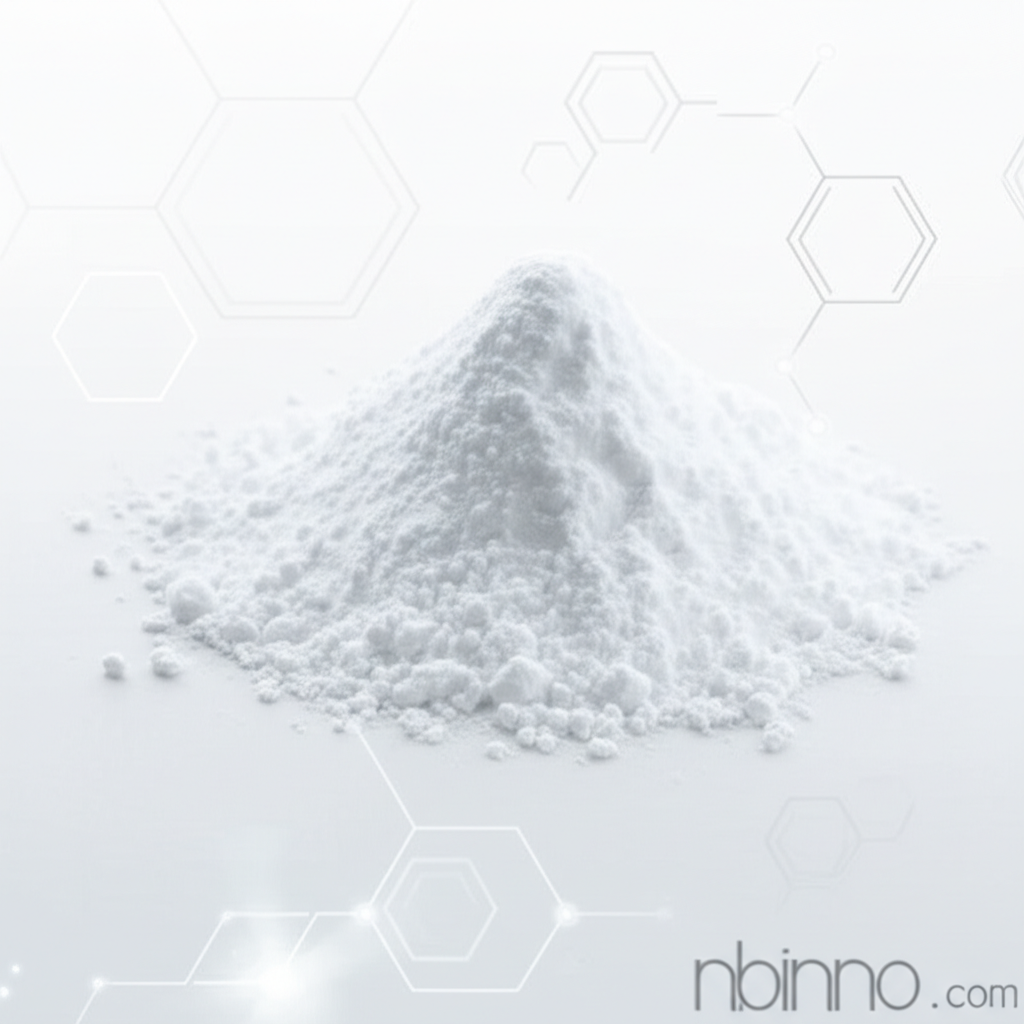Cardiogen Peptide: Optimizing Cardiovascular Health and Tissue Repair with Advanced Bioregulator Technology
Discover the groundbreaking potential of Cardiogen, a peptide bioregulator designed to revolutionize cardiovascular care and tissue regeneration.
Get a Quote & SampleProduct Core Value

Cardiogen Peptide
Cardiogen, a synthetic tetrapeptide, acts as a potent bioregulator with a focus on fibroblasts and cardiomyocytes. Its unique mechanism of action is crucial for modulating tissue repair and enhancing cardiovascular function, offering promising advancements in regenerative medicine.
- Research indicates Cardiogen peptide tissue repair capabilities by influencing fibroblast activity, which is key for wound healing and maintaining extracellular matrix integrity.
- The peptide demonstrates cardiovascular health benefits by stimulating cardiomyocyte proliferation, contributing to myocardial regeneration and improved heart function.
- Cardiogen peptide apoptosis inhibition, through suppressing p53 protein expression, suggests a mechanism to protect cardiac cells from programmed cell death.
- Studies exploring cardiogen peptide research applications reveal its potential in various disease models, including cancer and prostate health, highlighting its broad biological impact.
Key Advantages
Enhanced Tissue Regeneration
Leverage Cardiogen's ability to modulate fibroblast activity, supporting robust tissue repair mechanisms and promoting overall tissue integrity for optimal healing outcomes.
Cardiomyocyte Stimulation
Benefit from Cardiogen's capacity to stimulate cardiac cell proliferation, vital for regenerating damaged heart muscle and restoring compromised cardiovascular function.
Cellular Protection Mechanisms
Utilize Cardiogen's potential to inhibit apoptosis by influencing p53 protein expression, safeguarding cardiac cells and improving cellular resilience against stress.
Key Applications
Cardiovascular Disease Research
Explore the use of Cardiogen in mitigating conditions like heart failure and myocardial infarction, supported by its effects on cardiomyocyte proliferation and fibroblast modulation.
Tissue Regeneration Studies
Investigate Cardiogen's role in promoting the regeneration of various tissues by influencing fibroblast behavior and extracellular matrix synthesis.
Cancer Research
Examine the potential of Cardiogen in modulating tumor cell apoptosis and growth inhibition, offering novel avenues for cancer therapy research.
Prostate Health Studies
Understand Cardiogen's influence on prostate fibroblast signaling factors, contributing to research on age-related prostate conditions and cancer progression.
